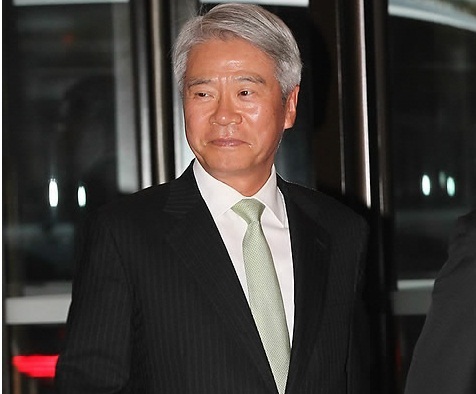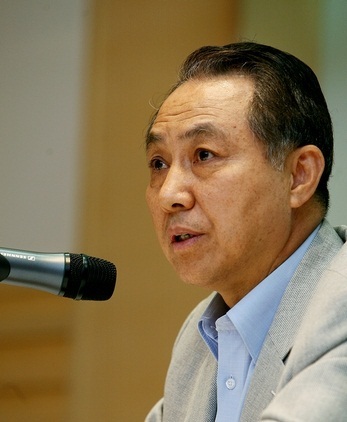Liquidity crises push groups to sell core units
STX Group seeks to sell shipping and logistics units, Tong Yang pushes to downsize
By Korea HeraldPublished : Dec. 13, 2012 - 20:36
Unlike Samsung and Hyundai Motor, other major Korean business groups, pressed by the prolonged global economic downturn and falling domestic demand, are facing a stark winter. Some of them are even preparing to sell their core assets to improve liquidity.
STX Group, the nation’s 17th-largest conglomerate by revenue, on Wednesday officially announced it will auction off STX PanOcean, the nation’s third-largest shipping and logistics company, and focus on its shipbuilding and plant business. STX PanOcean has been one of the group’s top two business pillars with STX Offshore & Shipbuilding, the nation’s fourth-largest shipbuilder.
STX Group, the nation’s 17th-largest conglomerate by revenue, on Wednesday officially announced it will auction off STX PanOcean, the nation’s third-largest shipping and logistics company, and focus on its shipbuilding and plant business. STX PanOcean has been one of the group’s top two business pillars with STX Offshore & Shipbuilding, the nation’s fourth-largest shipbuilder.


STX Group holds a 36 percent stake in STX PanOcean and if the group sells the entire stake, it is expected to secure 240 billion won ($216 million) in cash. Behind the sale is the group’s dwindling liquidity on the slump in the shipbuilding and renewable energy sectors, both of which were hit hard by the global economic downturn. STX Group has continuously sold non-core assets throughout the year to show creditors its efforts to improve its balance sheet and business strategy.
Tong Yang Group, the nation’s 30th-largest conglomerate by revenue, also announced on Wednesday that it will sell its core construction material and home appliance businesses and will shift its business focus to cement and thermal plants. The company said it would secure 2 trillion won with its downsizing efforts by early next year.
According to the Korea Rating, Tong Yang Group has faced a desperate cash crunch. The group’s debt surged to 1.58 trillion won in the third quarter of this year, which pushed the group’s debt-to-equity ratio to 679 percent in the same period.
“Asset sales of chaebol reflect how concerned they are about the liquidity issue as they tend to be reluctant to choose downsizing,” said Kim Chang-bae, a researcher at the Korea Economic Research Institute. “The negative global and domestic economic outlooks for 2013 will escalate an asset-selling spree among the chaebol.”
According to a survey of chaebul.com, a chaebol-tracking information provider, debt of the nation’s top 30 conglomerates has snowballed since the start of the global economic downturn in 2008.
Debt of the top 30 chaebol hit a record high of 994.2 trillion won in 2011.
Among the companies surveyed, 10 had a debt-to-equity ratio exceeding 200 percent that year. The top three were Tong Yang Group (885 percent), Dongbu Group (509 percent) and Hanwha Group (473 percent).
By Seo Jee-yeon (jyseo@heraldcorp.com)
-
Articles by Korea Herald







![[Music in drama] Rekindle a love that slipped through your fingers](http://res.heraldm.com/phpwas/restmb_idxmake.php?idx=644&simg=/content/image/2024/05/01/20240501050484_0.jpg&u=20240501151646)


![[New faces of Assembly] Architect behind ‘audacious initiative’ believes in denuclearized North Korea](http://res.heraldm.com/phpwas/restmb_idxmake.php?idx=644&simg=/content/image/2024/05/01/20240501050627_0.jpg&u=20240502093000)








